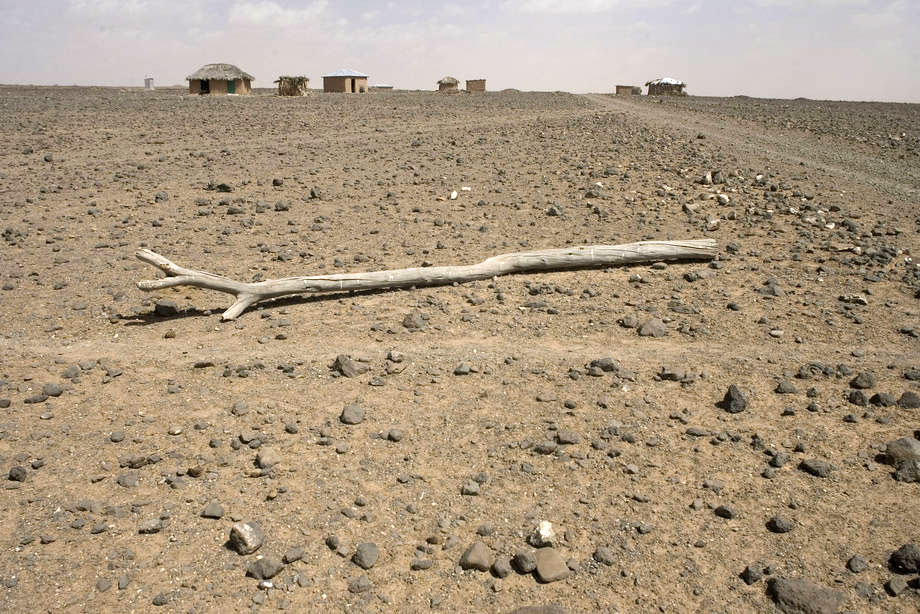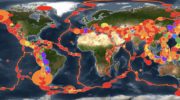
2017 is expected to be the hottest year recorded in the absence of the El Niño phenomenon, said the World Meteorological Organization (WMO) Monday in a report published in Bonn, Germany, on the occasion of UN 2017 Conference on Climate Change (COP23).
“The last three years have been the warmest ever and are part of the long-term global warming trend”, said the WMO Secretary General Petteri Taalas in a statement.
The WMO Interim Statement on Climate, covering the months of January to September, was released on the opening day of COP23 in Bonn.
Marked by many high-impact phenomena, including catastrophic hurricanes and floods, as well as particularly bad heat waves and droughts, 2017 will be one of the hottest three years ever.
According to the WMO, increasing carbon dioxide levels, rising sea levels and ocean acidification, among other indicators of climate change, continue unabated. The extent of the Arctic pack ice remains below normal, while in Antarctica, the extent of the pack ice, which was previously stable, was at a record or near-record low.
According to this interim study on the state of the global climate of this UN agency based in Geneva, Switzerland, the average global surface temperature for the first nine months of the year was about 1.1 °C higher than from the pre-industrial era.
Some parts of southern Europe – including Italy -, North Africa, part of eastern and southern Africa, and Russia in its Asian part experienced a record average temperature for the period considered, while in China the average temperature was also ranked first among the highest, but on par with a previous year.
In contrast, the northwestern United States and western Canada had a mean-to-average temperature over the 1981-2010 period. Under the effect of a powerful Niño, 2016 should retain its status of the hottest year, 2015 and 2017 competing for second and third place. Finally, the years 2013 to 2017 are well set to constitute the hottest five-year period ever recorded.
Based on information provided by a wide range of UN agencies, this study examines the impacts of climate change on society, the economy and the environment. It is part of a United Nations system-wide project aimed at providing policymakers with more comprehensive policy-oriented information on the interactions between the themes of time, water and climate and the global goals set within the framework of the UN.
“We have witnessed exceptional weather conditions, such as peak temperatures above 50 °C in Asia, hurricanes of record intensity in the Caribbean and the Atlantic that have reached Ireland, devastating floods caused by the monsoon and hitting millions of people, or a terrible drought in East Africa”, said Taalas. “Many of these phenomena – in-depth scientific studies will reveal the exact number – unquestionably bear the hallmark of climate change caused by the increase in greenhouse gas concentrations caused by human activities”, he added.
“All of this highlights the growing threats to the people, the economies of countries and even the mechanisms of life on Earth, if our actions were not to match the goals and ambitions embodied by the Paris Agreement”, said Patricia Espinosa, Executive Secretary of the United Nations Framework Convention on Climate Change (UNFCCC), which hosts COP23 in Bonn.
Source: UN




